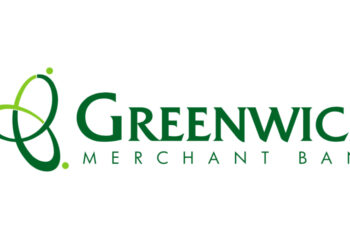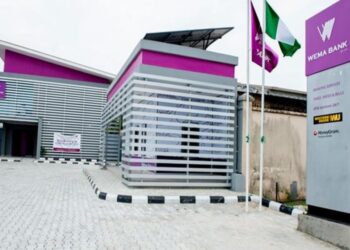Leading rating agency Agusto & Co has highlighted the detrimental impact of Nigeria’s hasty economic reforms on the nation’s cost-of-living crisis.
While acknowledging the necessity of these reforms to set Nigeria on a more sustainable growth path, the firm emphasized that poor sequencing and rushed execution have led to an escalation in energy, logistics, and food prices, compounding the country’s economic woes.
This is according to the company’s monthly newsletter, which was seen by Nairametrics.
The hawkish monetary effect
According to the newsletter, the reform implementation coincided with a hawkish monetary stance, which saw borrowing costs soar to unprecedented levels.
This combination has severely squeezed businesses and consumers alike, pushing Nigeria into a deeper economic challenge.
The surge in inflation, high interest rates, and a weakening naira have all exacerbated an already difficult economic environment for Nigerians.
The newsletter read: “Much of these adverse movements in economic variables have been down to the reduction of petrol subsidies (triggering a tripling of pump prices) and the adoption of a ‘managed’ floating exchange rate regime.
“While we concur that these reforms are essential for positioning Nigeria on a higher and more sustainable growth trajectory, their implementation was marked by haste and poor sequencing.
“The resulting surge in energy, logistics, and food prices, has exacerbated the cost-of-living crisis. The situation has been further aggravated by the monetary authorities’ hawkish stance, which has driven borrowing costs to elevated levels.”
Sectorial challenges in Nigeria
Despite this recovery based on the growth in Gross Domestic Product (GDP), the oil industry continues to face critical challenges, including oil theft, vandalism, and declining investments.
Agusto & Co noted that these issues have long hampered Nigeria’s capacity to reach its full production potential, but the sector remains a cornerstone of government revenue and foreign exchange.
For the agricultural sector, it noted that while the harvest season provided some relief, insecurity and ongoing conflicts in agricultural regions continue to stifle the sector’s growth potential.
The newsletter noted: “Notably, all but the oil sector among the seven largest sectors, which collectively account for 79% of the Nigerian economy, experienced a slowdown in growth during the quarter. This is reflective of the constrained business environment and, in some cases, deep-seated structural challenges.”
It further noted the mounting challenges faced by exchange rate-sensitive sectors, such as trade and manufacturing.
It stated that these industries have struggled under the pressure of rising borrowing costs and shrinking consumer spending, both of which have been worsened by the naira’s depreciation.
The rating agency noted that by late Q2 2024, the exchange rate had stabilized at around N1,500/$, offering some respite, though not enough to reverse the overall trend of economic strain.
More Insights
Nairametrics earlier reported that Nigeria’s Gross Domestic Product (GDP) experienced a year-on-year growth of 3.19% in real terms during the second quarter of 2024.
- The GDP growth rate surpasses the 2.51% recorded in the second quarter of 2023 and the 2.98% growth seen in the first quarter of 2024.
- The GDP performance in Q2 2024 was primarily driven by the Services sector, which grew by 3.79% and contributed 58.76% to the total GDP. The agriculture sector saw a growth of 1.41%, slightly down from the 1.50% growth recorded in Q2 2023.
- The industry sector improved significantly, with a growth of 3.53%, compared to the -1.94% decline observed in the second quarter of 2023.
In terms of GDP share, the industry and services sectors contributed more to the total GDP in the second quarter of 2024 compared to the same period in 2023.























